– Name Origin: The name, Mauritania originates from the ancient Berber kingdom of Mauritania, which derives from Mauri (meaning Moors), the Berber-speaking people of northwest Africa.
Official name: Islamic Republic of Mauritania
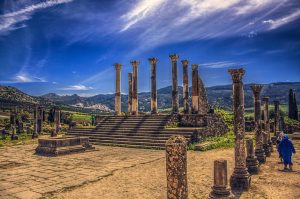
– Geography: Mauritania shares borders with Western Sahara, Algeria, Mali, and Senegal. The Senegal River forms part of Mauritania’s southern border. The Atlantic Ocean lies to the west. Most of the land is low-lying. Sand dunes cover about half of the country. The climate is warm and dry.
– Population: The population of Mauritania is 4.6 million. The major languages spoken in the country are Arabic, Pular, Soninke, Wolof, and French.
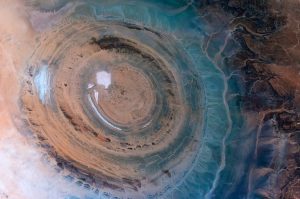
– Capital City: The capital city of Mauritania is Nouakchott, which means ‘place of winds’ in Berber. It is one of the largest cities in the Sahara and home to one-third of Mauritania’s population.
Major languages: Arabic, Pular, Soninke, Wolof, French
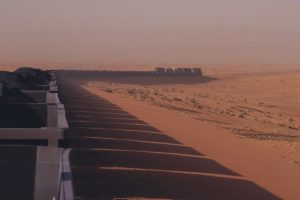
– Slavery: Mauritania was the last country in the world to abolish slavery when the practice was finally banned in 1981. In 2012, it was estimated that 10% to 20% of the population still lived in slavery.
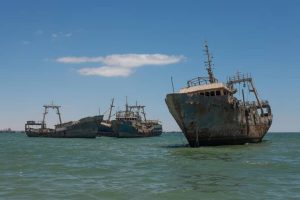
– Economy: The mining and exporting of iron ore are important parts of Mauritania’s economy. Fish and other sea animals, especially octopuses, are another important export. Mauritania discovered deposits of oil in 2001.

– Wildlife: Mauritania is home to the Parc National du Banc d’Arguin, one of the best birdwatching sites in Africa, and is home to an array of wildlife including a wide variety of thousands of migrating birds and several species of sea turtle and dolphin















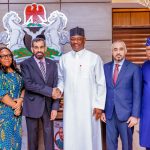







Leave a comment